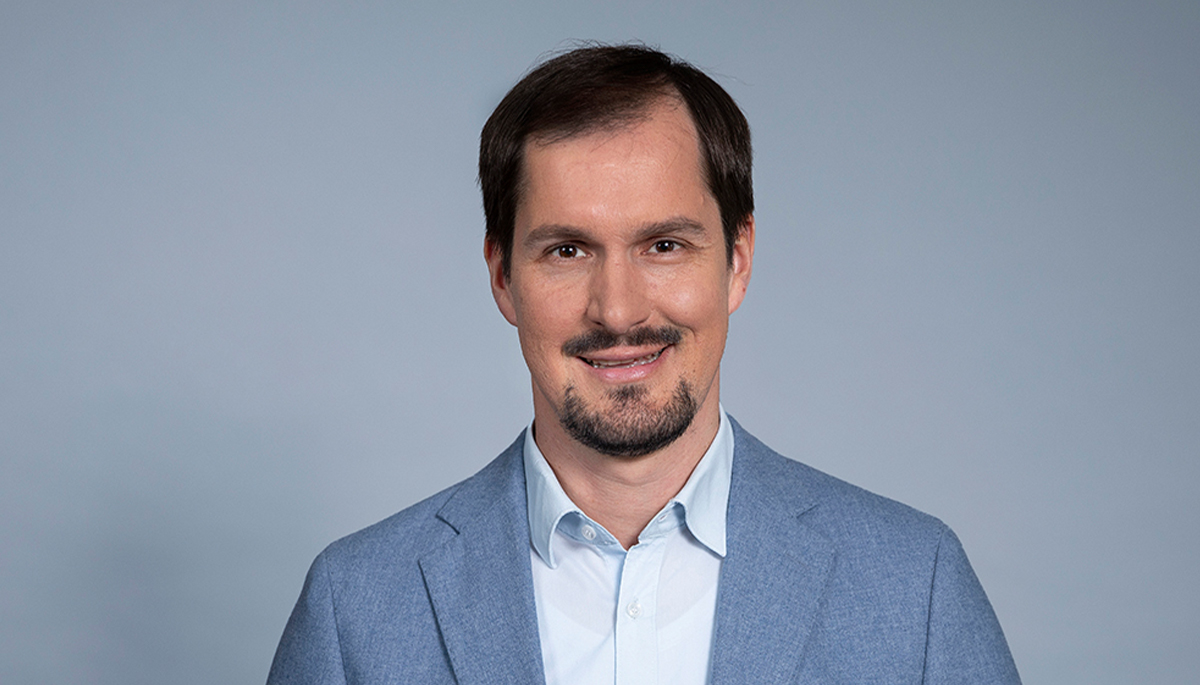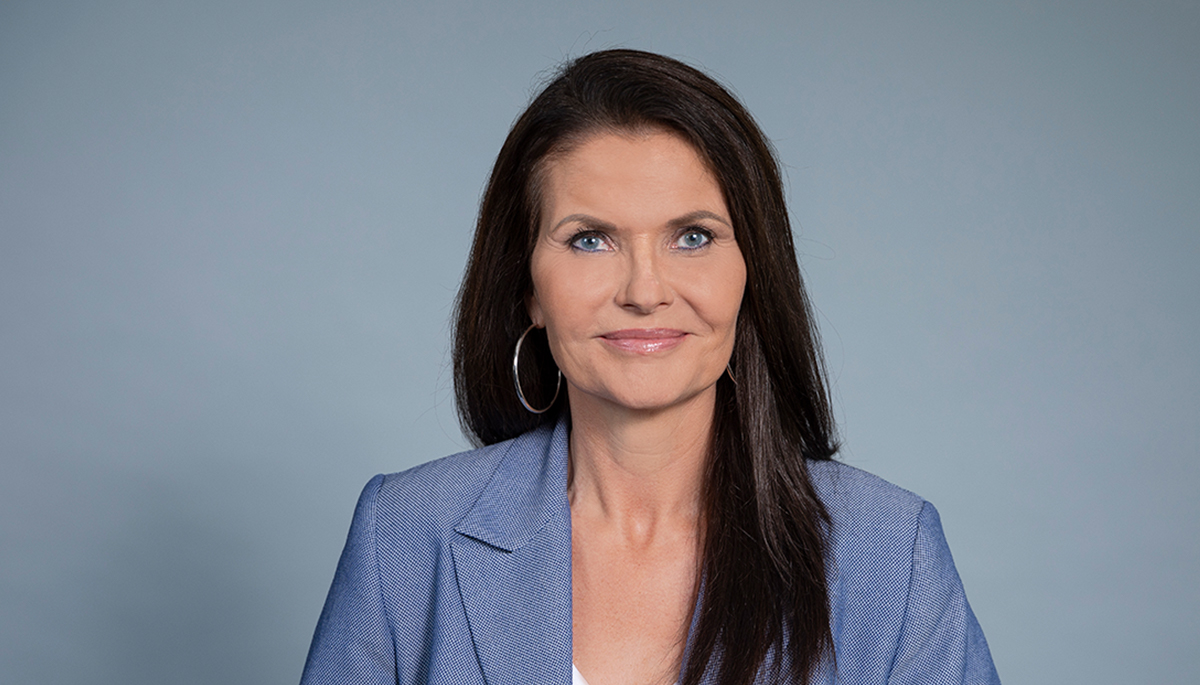The new way of working means people are not confined to a specific location but can communicate with each other from any location, thanks to collaboration tools and video conferencing. Almost everyone who is able can get involved, using a computer, tablet, laptop or even a smartphone. The key word is “flexible” and for younger generations, it’s also an important criterion when picking an employer. Applicants want agile teams that organize and work on projects themselves. They’re looking for the chance to share their ideas and energy - and for flat organizational structures. “All these elements are writ large in the DMK Group’s Vision 2030,” says Ines Krummacker, Chief Human Resources Officer at DMK. “And right now, the company is implementing these changes at top speed.”
Over the past few years, the DMK Group’s transformation process has helped enormously to optimize work processes and make them more more efficient, says Michael Ehlerding, Head of Organizational Development. He says the pandemic has really shown the positive side of new ways of working. “We were able to react more quickly to the pandemic and its consequences, as we had already started making our organization much more agile, and were able to build on that,” he says.
“The company is managing this change at top speed.”
When the pandemic broke out, the company had to respond fast, and set up projects that were needed right away and would yield the best results. “In March 2020, we sent all our administrative staff home from one day to the next,” says Ines Krummacker. “We gave them the technology they needed and rolled out Microsoft Teams ahead of time. We had the infrastructure to enable people to keep working remotely.” Managers, meanwhile, faced a whole new set of challenges, as remote working meant people were able to determine their own working hours to a greater degree.


Michael Ehlerding, Head of Organizational Development. He is working on the DMK Group’s continual transformation processes.
A strong sense of community is needed for this kind of collaboration to succeed. “People want to be heard, they want to be valued and they want to feel part of their team,” says Ehlerding. It’s easier for managers to address these needs when everyone is in the same location. But with employees all in different places, managers have to pay even more attention to make sure processes are working and people are collaborating. “Managers have to trust their employees in a situation like that, and give them a platform.”
Staff were already managing the transformation process really well, says Ehlerding. To make the most of the new momentum, a new working agreement was adopted, providing for four working models (ranging from a lot in the office to a lot based at home). Employees can work together with their manager to decide which suits them best, considering their individual needs. This is also part of the new world of work – collaborating in ways tailored to each individual.


Ines Krummacker, Chief Human Resources Officer, manages personnel issues throughout the whole of the DMK Group. She trained at the company and has played a key role in the Group’s transformation.
“We also wanted to clearly show how important the issue of training is for us, despite or even because of the pandemic,” says Krummacker. “That’s why we’re putting a lot of work into the GROW program – and leaving no stone unturned.” The training program is being restructured so it suits each individual as they build their career. The program is a real trend-setter in this sense, as DMK had not previously planned to set up this kind of training structure. “The crisis enabled us to gain valuable experience in terms of remote learning and exams held online,” says Ehlerding. “What we are working towards is a concept where trainers and trainees always communicate as equals.”
Experiencing the community spirit at DMK during the pandemic was important, he says. “It really showed clearly that we are able to handle change and drive it forward together.”
“Employees want to be listened to.”